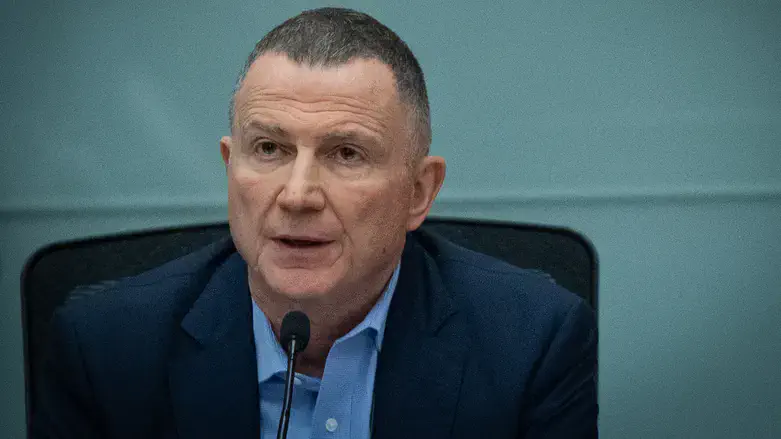
The version of the Draft Law presented to the haredi parties includes a 50% reduction in daycare subsidies, in addition to a ban on leaving the country and obtaining a driver's license, Kan Reshet Bet reported Wednesday morning.
According to the proposal, if after six months it is determined that recruitment targets have not been met, daycare subsidies will be entirely canceled. Additionally, from the moment the law is approved, the sanctions will also include the cancellation of property tax discounts and the removal of tax credits.
The law also states that in the first year after it is enacted, 5,700 haredi young men will be drafted instead of 4,800. According to the proposal, every candidate for military service will be required to enlist and return to their unit before receiving an exemption, and the sanctions will apply until the age of 30.
An exception committee will also be established for military service candidates who have not reported for duty and who wish to travel abroad, and it will be under military control — a measure deemd unacceptable by the Knesset's haredi parties.
Meanwhile, Shas' Council of Torah Sages will meet Wednesday for a discussion described as "crucial regarding the continuation of its path in the government following the severe and unacceptable harm to the status of Torah learners."
Haredi political sources estimate that Shas has already decided to withdraw from the government this week due to the Draft Law crisis, following the resignation of United Torah Judaism's Knesset members and ministers.
Meanwhile, the IDF is preparing to intensify enforcement and initiate a wave of arrests for those who are classified as draft dodgers after failing to report to the Draft Office following call-up orders.
Inbar Goldner, head of the Military Police’s Detention Unit, said in a discussion at the Knesset State Audit Committee: "The complementary measure to enforcement is to increase the number of spaces available in military prisons. We have already established an additional platoon in military prison, to provide more detention spaces."
According to Goldner, the number of personnel for enforcement at Ben Gurion Airport has been tripled: "Anyone who is found to be an an evader or deserter at the police terminals will be detained, and we will quickly send teams to the location to make arrests. We are trying to build another layer of enforcement beyond traditional enforcement — smart enforcement that will be expressed in roadblocks and crossings, in coordinated with Israeli Police."
